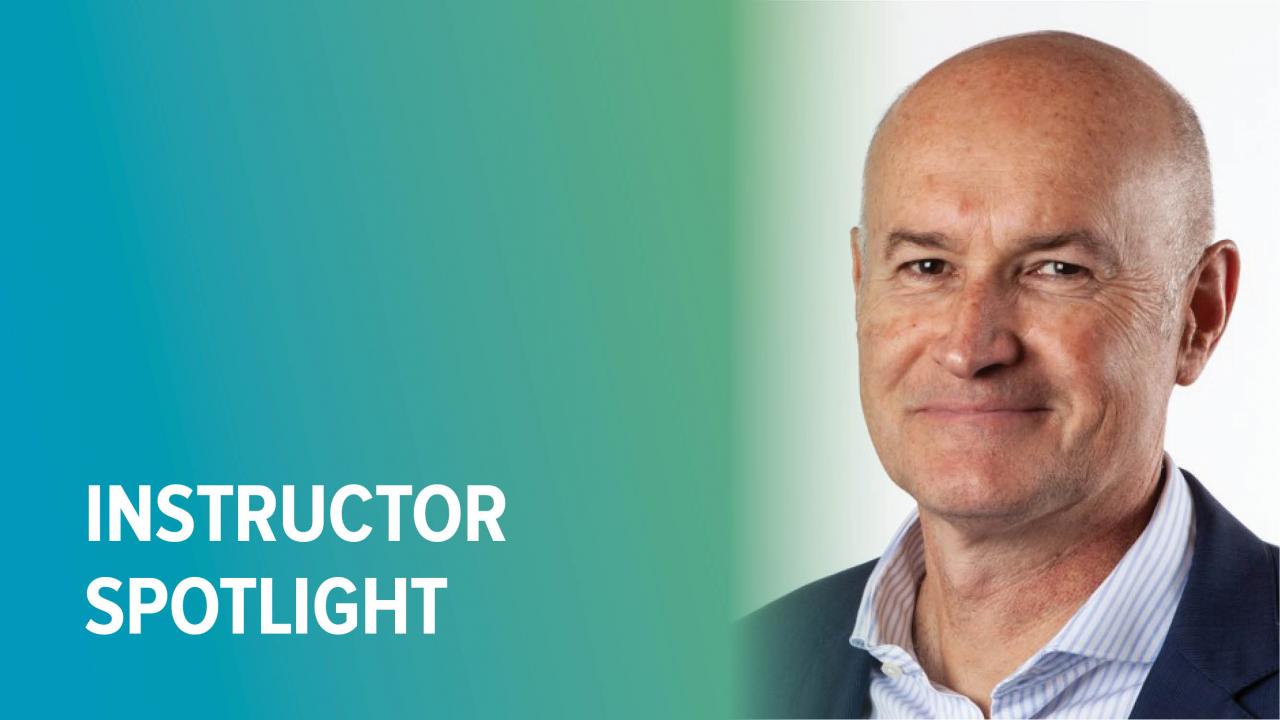
Instructor Spotlight: Jean-Xavier Guinard
Jean-Xavier Guinard will tell you that he deals in “deliciousness.” The professor of sensory science and co-director of the Coffee Center at UC Davis has 30 years of experience in sensory and consumer science. Trained as a food and agricultural engineer in France, he has a Ph.D. in microbiology and M.S. degrees in sensory physiology and food science/enology. His research focuses on sensory strategies for dietary change and the optimization of the sensory quality and consumer acceptance of foods, beverages and other consumer products. Guinard is the designer and instructor of two courses in the Applied Sensory and Consumer Science Certificate Program.
Why is sensory and consumer science important?
Sensory and consumer science is critical to the success of any consumer product, and that is understood now more than ever. In my research, I have focused on designing healthy, sustainable and delicious food, drink and menu options. Society, government and business are slowly but surely realizing that no public-health or product-development strategy can be successful without the deliciousness (or sensory) piece being successfully addressed.
How did you become interested in sensory and consumer science?
I met two of the greatest French minds in the field, when I was studying food and agricultural engineering in France. They suggested I get a graduate degree with Rose Marie Pangborn at UC Davis—the pioneer in the field of sensory. We published seven papers together, and she introduced me to Professor Michael Lewis, of brewing fame, and he became my other mentor. A few years after I joined the faculty at UC Davis, I was approached by UC Davis Continuing and Professional Education to start the online certificate program in Applied Sensory and Consumer Science. Twenty years later, I can safely say that it has been one of the most enjoyable and rewarding partnerships and experiences in my professional life.
How will the Applied Sensory and Consumer Science Certificate Program benefit students?
Our certificate program teaches students about the latest methodology in the field of sensory and consumer science, including sensometrics—the application of statistics to sensory and consumer data. It also introduces students to a community of peers from a wide range of industries, with whom they exchange questions and answers regarding all kinds of professional and business issues—a network they’ll keep for life. Armed with this knowledge and these connections, they can confidently and intelligently tackle any sensory or consumer challenge in their company, and they can articulate the value of sensory evaluation, consumer testing and data analysis in the quality assurance and product innovation spaces.
How would you describe your teaching style?
I have the good fortune of being a professor at one of the leading institutions in sensory and consumer science. But I have always been active with industry as a consultant, so I feel it is important to share both my academic knowledge and industry experience with our students. I also like to say that I learn as much from them as they learn from me. We place a large emphasis on sensory evaluation, consumer testing and sensometrics methodology (classic and novel) in this program, and having developed and/or worked with most of those gives me the enthusiasm and confidence to teach students effectively. In my courses, students learn the most by doing—problem solving, experimental design, statistical analyses and by interacting with their peers.
